
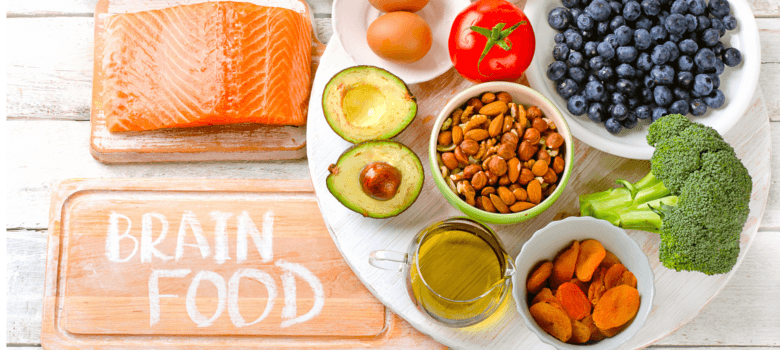
Foods That May Prevent Dementia
by Guest Author
Pacific Brain Health’s Director of Geriatric Cognitive Health, Scott Kaiser, MD, discusses the foods that may prevent dementia and cognitive decline.
Can certain foods prevent dementia?
Foods and drinks rich in antioxidants – those natural substances that can prevent damage to cells caused by oxidative stress – can reduce a person’s risk of developing dementia, a recent study reports.
Researchers at the Laboratory of Epidemiology and Population Science at the National Institute of Aging studied and followed more than 7,000 people in the U.S. between the ages of 45 and 90 for nearly 17 years.
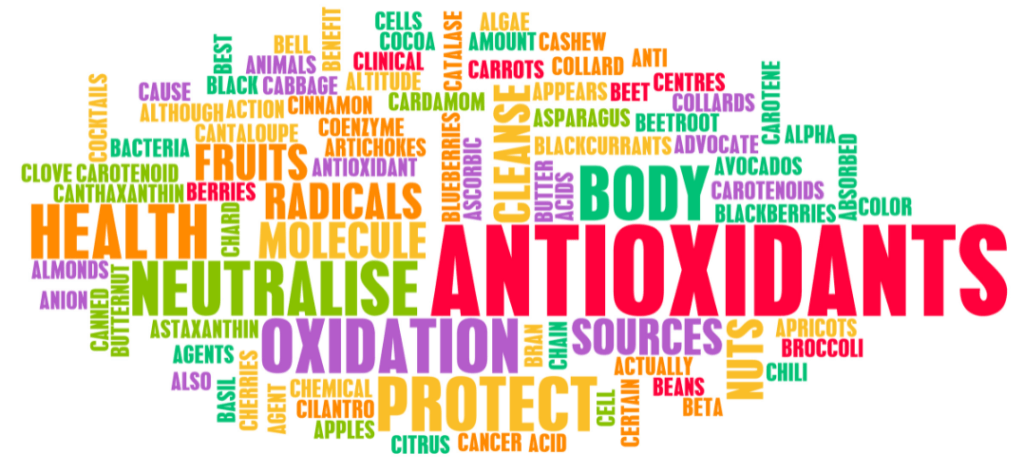
Those who had higher levels of carotenoids – pigments that give fruits and vegetables a yellow to reddish color – were associated with a lower risk of dementia. Specifically, high levels of lutein+zeaxanthin and beta-cryptoxanthin – two types of carotenoids – were associated with a lower risk of dementia and overall brain protection.
Carotenoids not only protect you from disease, but they can also enhance your immune system. The body converts carotenoids to vitamin A, which can be essential for growth, immune function, and eye health.
This is the first study that analyzed levels of antioxidants and carotenoids in the blood versus examining people’s dietary intake of these substances.
The role of antioxidants and carotenoids
Consuming foods that contain antioxidants and carotenoids may protect against the development of dementia by reducing oxidative stress. This type of stress occurs when there are more highly reactive molecules in the body that obtain oxygen (called free radicals) than there are molecules that neutralize them, known as antioxidants.
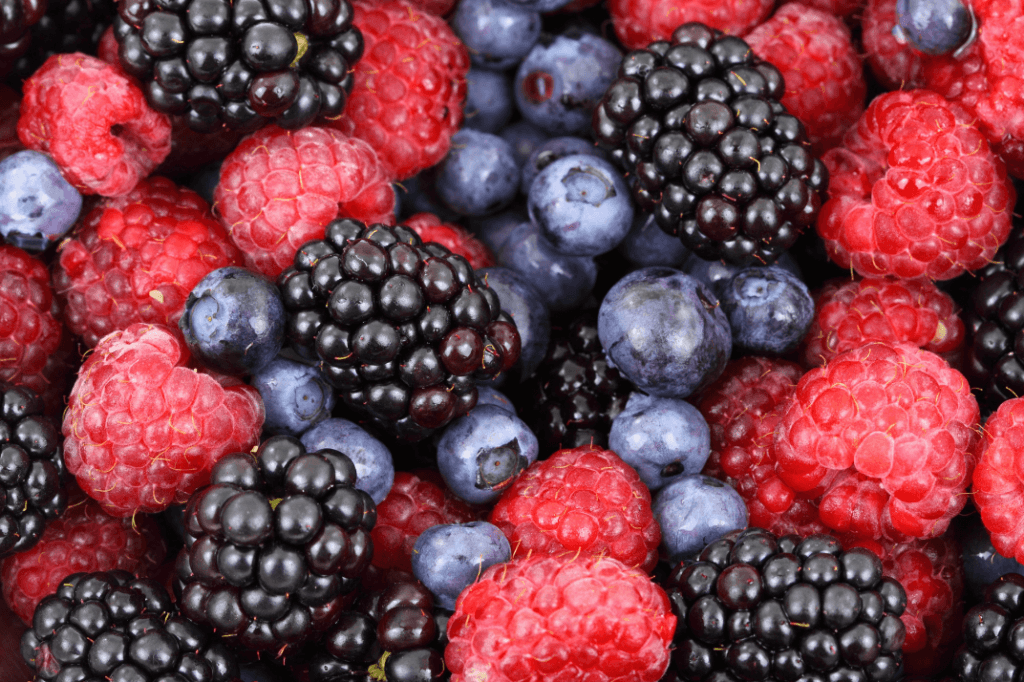
Antioxidants and carotenoids can help prevent damage to cells from free radicals, which are unstable atoms that can damage cells and cause illness, aging, and a host of other diseases.
“Free radicals do harm all over the body; for example, you get damage in your skin from excessive sun exposure and the impact of free radicals,” explained Scott Kaiser, MD, Director of Geriatric Cognitive Health at Pacific Brain Health Center at Pacific Neuroscience Institute.
“Every part of our body is potentially susceptible to oxidative stress, which is damaged from free radicals,” said Dr. Kaiser. However, when people consume foods high in antioxidants, these substances can collect and scavenge these free radicals in the body.
Which foods are highest in antioxidants and carotenoids?
“Green leafy vegetables, like spinach, kale, and parsley, are among the best sources. There are other ones like egg yolks, corn, and red grapes,” Dr. Kaiser said. “Eating these types of food that are rich in antioxidants and low in processed junk foods is a critical piece of that overall approach to what I call a ‘healthy aging game plan’ to maintain healthy full lives and avoid disease.”
Other foods rich in antioxidants and carotenoids include red beans, blueberries, blackberries, prunes, strawberries, apples, cherries, black beans, peaches, tomatoes, pears, broccoli, spinach, asparagus, avocados, kale, bell peppers, carrots, watermelon apple juice, cider, and green tea.
Other foods that may reduce dementia risk
According to Dr. Kaiser, certain diets are known to potentially be less harmful to brain health and may reduce the risk of dementia. This includes the Mediterranean – DASH Intervention for Neurodegenerative Delay diet, also known as the MIND diet.
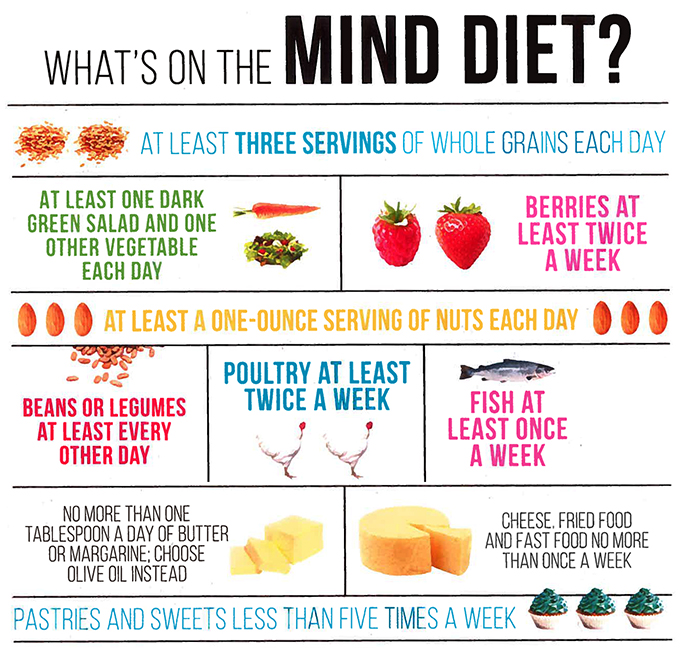
The MIND diet encourages people to eat green leafy vegetables, berries, nuts, whole grains, fish, poultry, beans, unsaturated fats like olive oil, eggs, and low amounts of red meat.
Not all studies prove following the Mediterranean or similar diet may reduce the risk of dementia, Alzheimer’s disease, or slow cognitive decline; however, some evidence has shown these diets might increase specific nutrients that may protect the brain from anti-inflammatory processes and may stop bad proteins like amyloid-beta from forming, which are typically found in the brains of people with Alzheimer’s.
For example, one study found participants who followed the MIND diet closely had a 53% reduced rate of Alzheimer’s disease compared to those who did not follow the diet closely. Another study revealed following the MIND diet was connected with a substantial slowing of cognitive decline for an average of five years.
“The MIND diet would encourage somebody to eat highly processed sugary foods less than fives times a week because of the potential harms of those refined sugars on brain health and in the potential increased risk of dementia,” Kaiser said.
What this means for caregivers and seniors
Caregivers should consider incorporating more foods and beverages rich in antioxidants and carotenoids into their loved one’s diets. However, said more research is needed to establish specific necessary amounts of these substances that people should be consuming each day.

In addition, at this time there is no specific among of antioxidants or carotenoids that are considered to be unsafe, Dr. Kaiser said. If fact, not enough people are eating these types of foods. According to the Center for Disease Control and Prevention, only one in 10 adults gets enough fruits or vegetables in their daily diet.
“These kinds of foods on the list are not the concern; the focus should be on including more of these foods in the diet,” Kaiser said. “It’s never too early to too late. You can really yield benefits – almost anybody could benefit from an improved diet at any point.”
Article adapted from SeniorsMatter.com.
About Pacific Brain Health Center’s Healthy Aging Program
The aim of Pacific Brain Health Center’s Healthy Aging Program is to help you and your loved ones enjoy greater longevity by taking a proactive approach to improving overall health, identifying cognitive changes, and intervening to optimize cognitive function and maximize quality of life. We prioritize the adoption of healthy aging approaches during both our initial brain health assessment and at follow-up visits through a combination of medical optimization and healthy brain lifestyle recommendations. Patients experience positive results with our integrative program that promotes well-being and vitality across the lifespan.
Santa Monica: 310-582-7641
About Scott Kaiser, MD
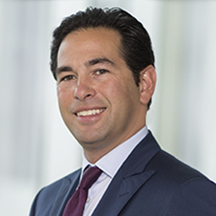
Scott Kaiser, MD, a board-certified family physician and geriatrician, is the Director of Geriatric Cognitive Health and provides specialty geriatric medical consultations at the Pacific Brain Health Center. Focused on the needs of older patients, he works with his colleagues to provide an integrated and holistic approach to their cognitive challenges. With this “whole person” approach, Dr. Kaiser works to connect patients and their families with a broad range of resources to support their overall health and well-being.
Related Links:
Last updated: May 15th, 2024
